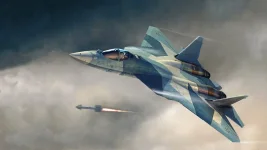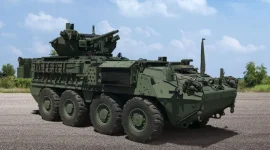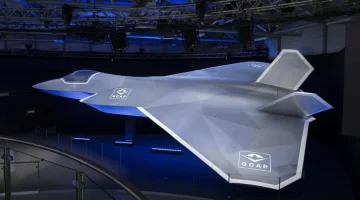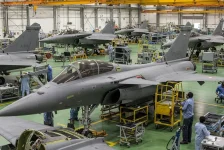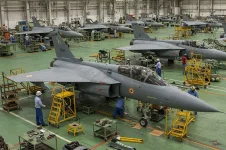- Views: 3K
- Replies: 20

Russia is making a renewed push to revive the long-stalled Multirole Transport Aircraft (MTA) project with India. This joint venture, which had previously faltered due to disagreements over engine specifications, is being presented to India once again with a key concession from the Russian side.
The MTA project, initially conceived in 2007, was intended to be a collaborative effort between Russia's United Aircraft Corporation and India's Hindustan Aeronautics Limited (HAL). The goal was to develop a new transport aircraft to replace India's aging fleet of Antonov An-32s.
India planned to procure 45 aircraft, while Russia aimed to acquire around 100. However, the project hit a roadblock in 2016 when HAL withdrew, primarily due to differences over engine selection and project management.
With the Indian Air Force (IAF) currently in the process of issuing a tender for 60 new transport planes under the MTA program, Russia sees an opportunity to re-enter the competition.
This time, they are offering to equip the aircraft with engines featuring Full Authority Digital Engine Control (FADEC), addressing a major point of contention that led to the project's earlier stall.
Despite this concession, the IAF maintains its preference for Western or European commercial engines for the Indian variant of the MTA. This preference stems from logistical considerations, as sourcing parts for Western engines is perceived as easier, potentially leading to higher aircraft availability rates. This stance is rooted in past experiences with joint projects where Russian engines, lacking FADEC, presented maintenance and operational challenges.
Historically, Russia was reluctant to incorporate FADEC systems into their engines, a significant factor in HAL's decision to exit the project. Now, while Russia appears willing to adapt, the IAF's insistence on non-Russian engines introduces a new set of challenges. This includes potential issues related to intellectual property, technology transfer, and the integration of foreign engines into a Russian airframe design.
The engine issue remains a critical hurdle in reviving the MTA project. If India and Russia can find common ground on this aspect, it could significantly benefit both nations' aerospace sectors.
However, if they fail to reconcile their differences, India might opt for one of the Western contenders, potentially impacting the long-standing defence collaboration between the two countries.

